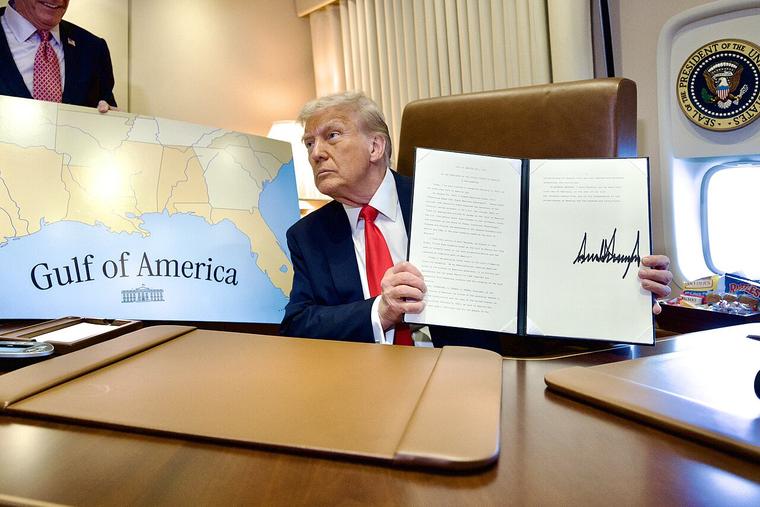
Zhang Monan, Deputy Director of Institute of American and European Studies, CCIEE
Jan 16, 2026
Unable to maintain its position of leadership, the United States is severely hindering the progress of other nations. It’s a self-isolating form of hegemony that poses real geopolitical dangers. By openly acknowledging and pursuing exclusive spheres of influence, America is effectively signaling a return to the law of the jungle.

Dan Steinbock, Founder, Difference Group
Oct 24, 2025
The fragile ceasefire in Gaza reflects accelerating recalibration in the Middle East, as U.S. military maneuvers are giving way to economic development promoted by the Arab states, China and the Global South.
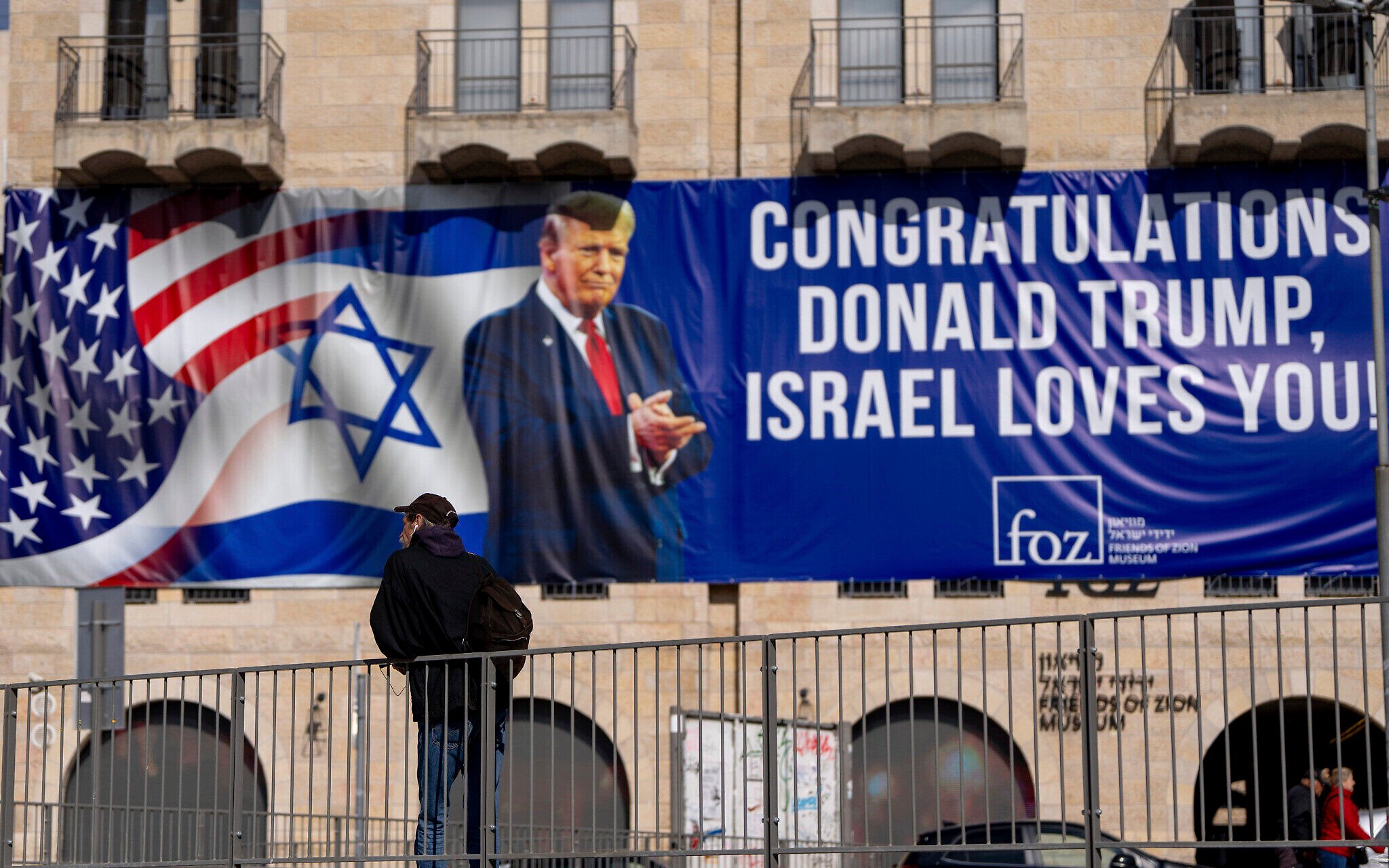
Niu Xinchun, Professor, China-Arab Research Institute, Ningxia University
Sep 25, 2025
Amid the broader context of its strategic retrenchment in the Middle East, Washington aims to preserve its influence without committing substantial resources, something that requires deft skills — something that Donald Trump lacks.
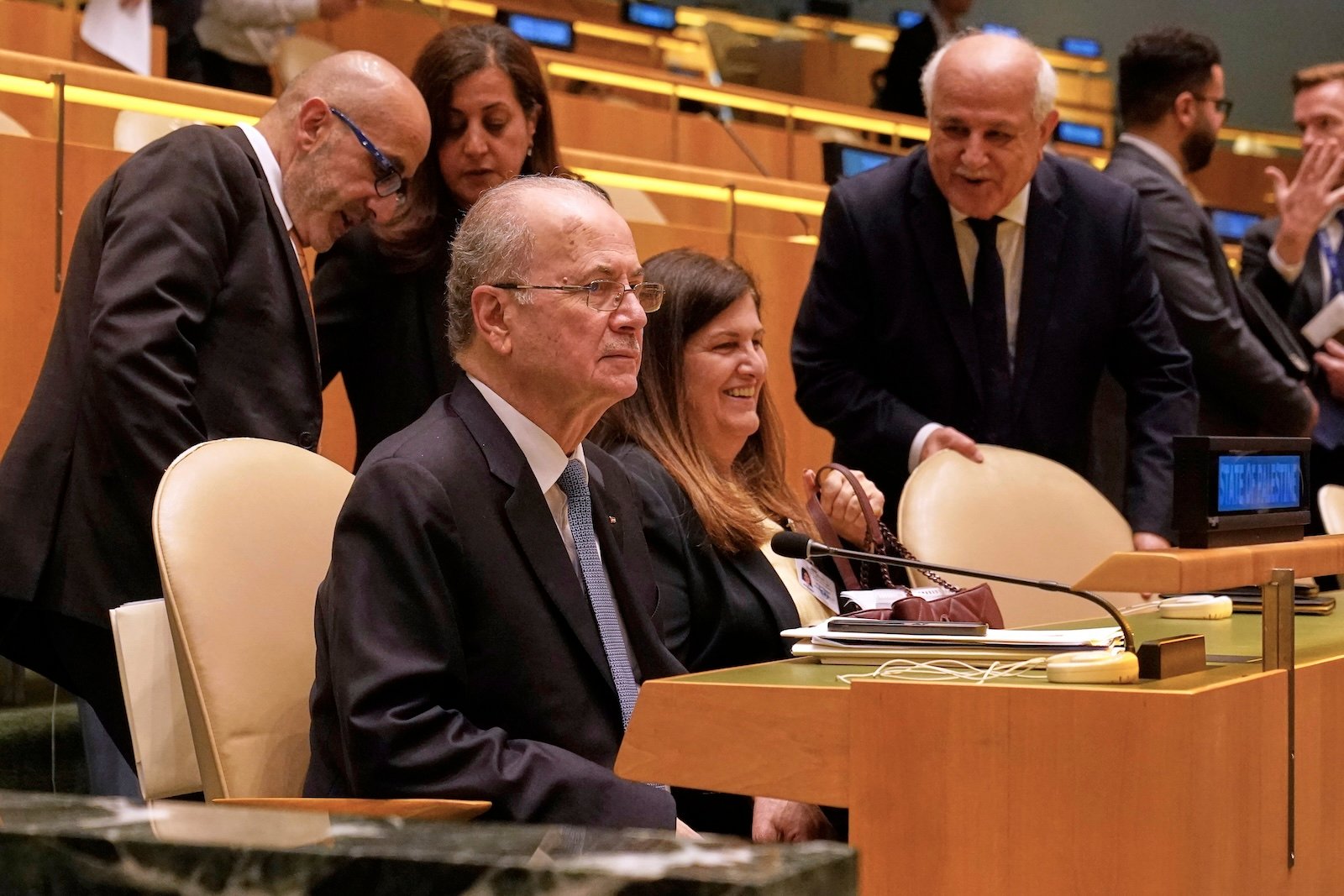
Dan Steinbock, Founder, Difference Group
Sep 12, 2025
As evidenced by complicity in the Gaza genocide, the U.S.-Israel military symbiosis in the Middle East is increasingly shunned by the international community. What the region needs is aggressive economic development.
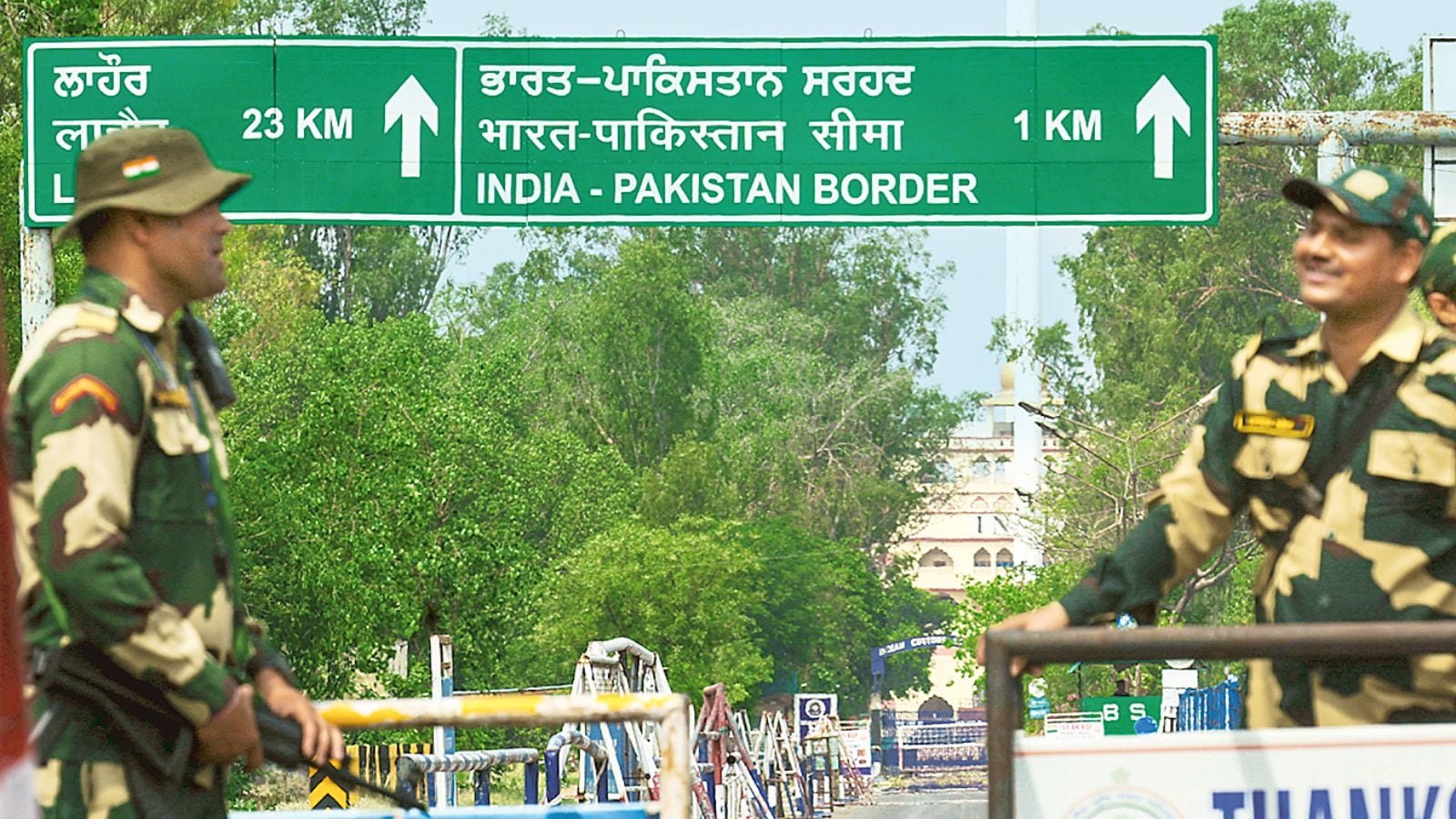
Brian Wong, Assistant Professor in Philosophy and Fellow at Centre on Contemporary China and the World, HKU and Rhodes Scholar
Sep 02, 2025
China’s approach to conflict mediation is characterized by what scholars call “quasi-mediation diplomacy,” in which Beijing emphasizes rhetoric and symbolic gestures while avoiding costly commitments. Recent cases show that China prefers strategic ambiguity and bureaucratic caution over assuming a high-profile mediator role.
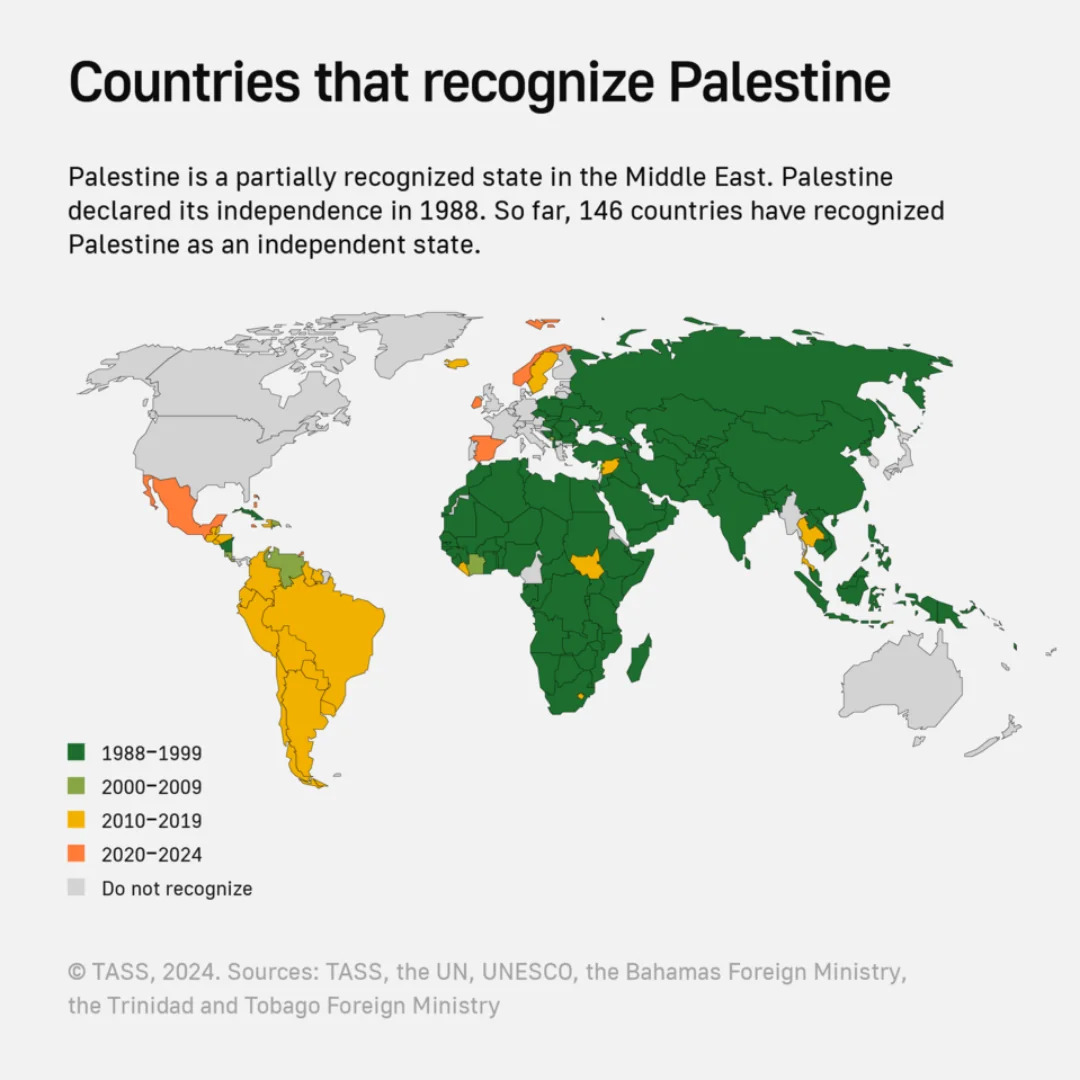
He Wenping, Senior Research Fellow, Charhar Institute and West Asia and Africa Studies Institute of the China Academy of Social Sciences
Aug 12, 2025
The stated intentions of France, the United Kingdom, Canada and Australia may add to Israel’s growing international isolation and could prompt a reassessment — though not a fundamental shift — in support for Israel by the United States.
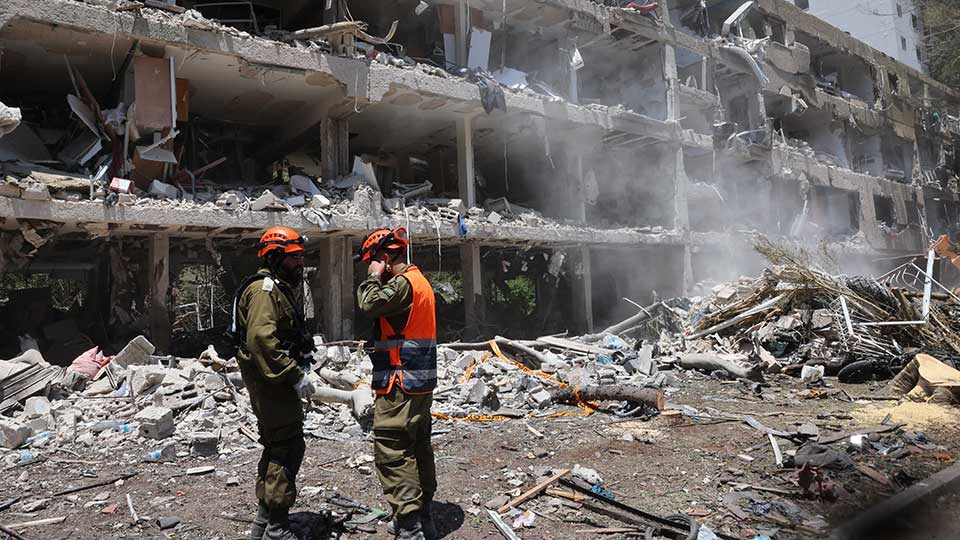
Richard Weitz, Senior Fellow, Hudson Institute
Aug 08, 2025
China declined an opportunity to join Iran in its June 2025 confrontation with the United States and Israel. Though Beijing enjoys good relations with the Iranian regime, competing alignments and other considerations convinced PRC policymakers to adopt a low profile during the twelve-day war.
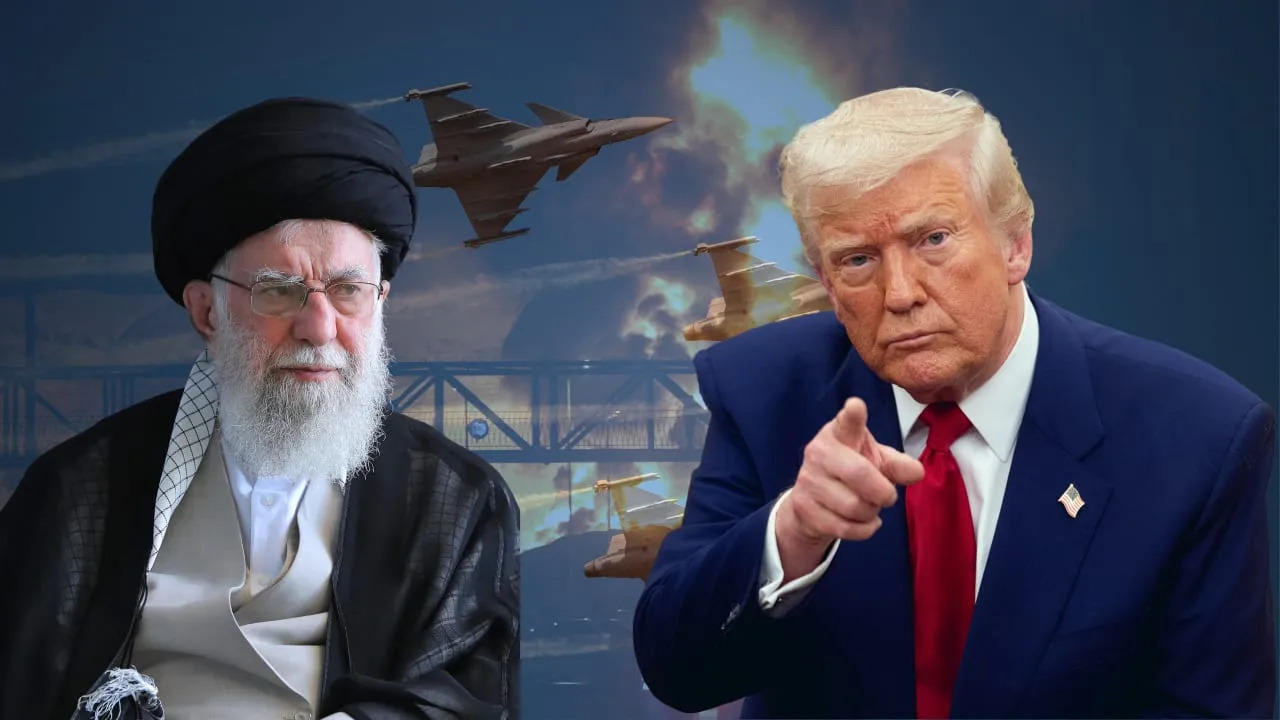
Wang Zhen, Professor and Deputy Director, Institute for International Relation Studies, Shanghai Academy of Social Sciences
Jun 25, 2025
The bunker-busting strike by United States will only harden the resolve of many in Iran to push for nuclear weapons. Meanwhile, the two countries may fall into a pattern of “attack-retaliate-attack,” which could develop into one of the biggest failures in human history.
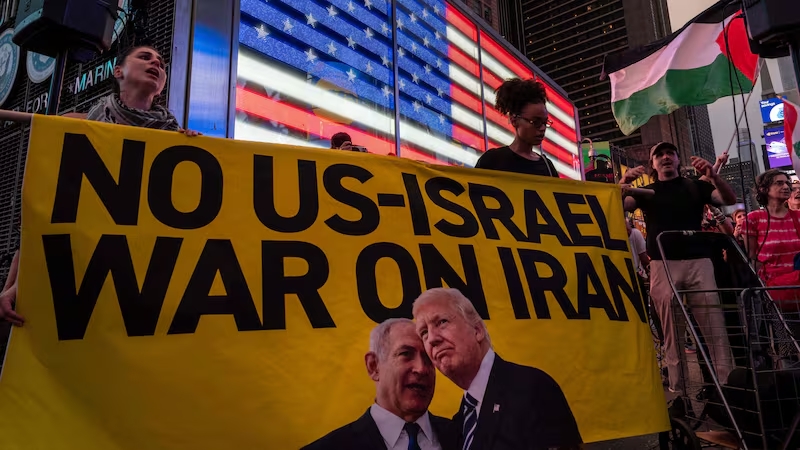
Dan Steinbock, Founder, Difference Group
Jun 19, 2025
The Israel/U.S. Iran offensive is not about nuclear weapons. It is about still another unwarranted proxy war. It aims at the restoration of pre-1979 Iran.
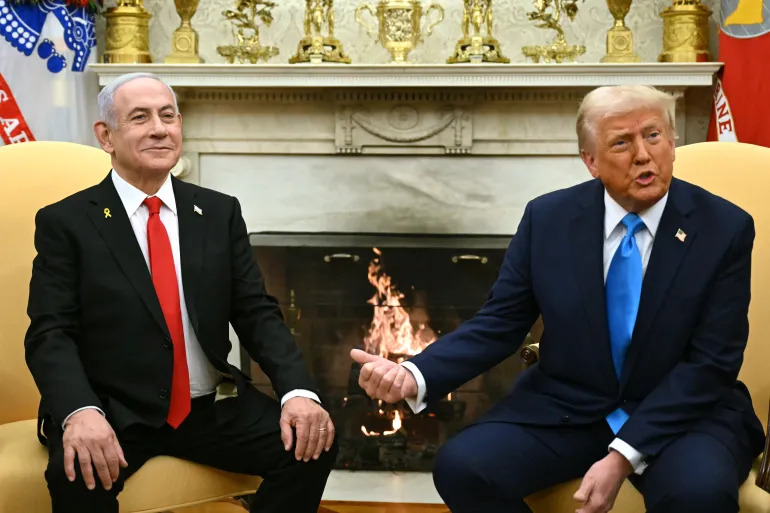
Jin Liangxiang, Senior Research Fellow, Shanghai Institute of Int'l Studies
Mar 25, 2025
U.S. policy ultimately will be defined by Israel. With Donald Trump in the White House, the Middle East will become even more vulnerable, and the security situation may erode. Saudi Arabia may not get the security guarantees it wants from the United States, and Iran will continue to be in the picture.
Back to Top

- China-US Focus builds trust and understanding between the U.S. and China through open dialogue among thought leaders.
- Our Offerings
- Topics
- Videos
- Podcasts
- Columnists
- Research Reports
- Focus Digest
- Stay Connected
-
Thanks for signing up!
- Get the latest stories from China-US Focus weekly.